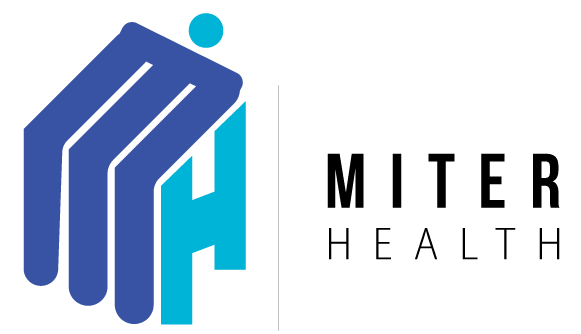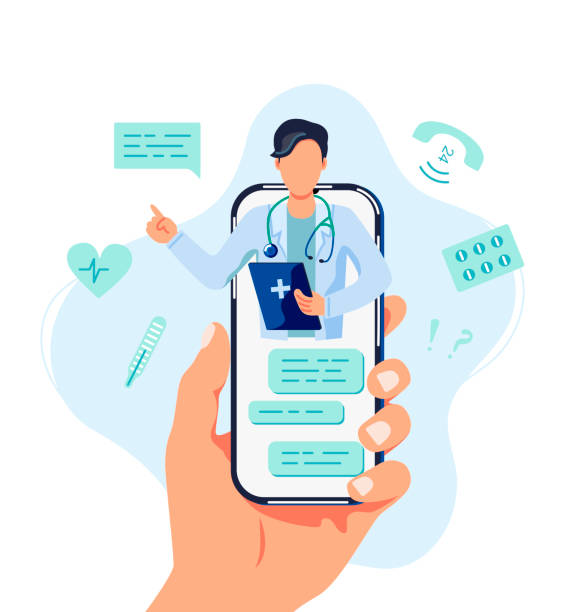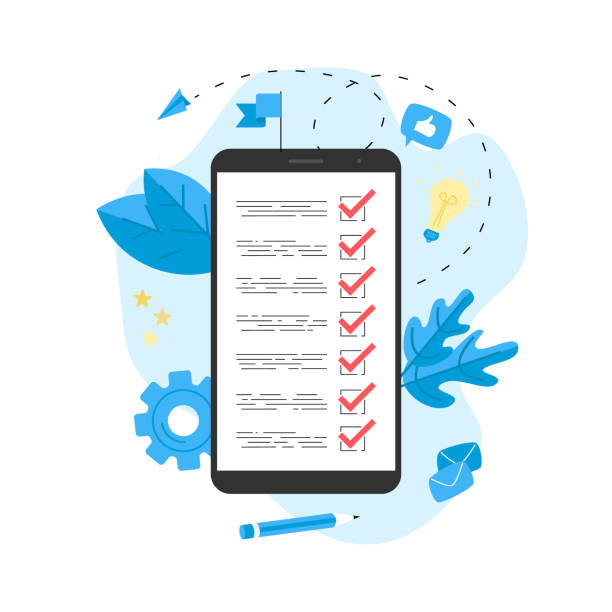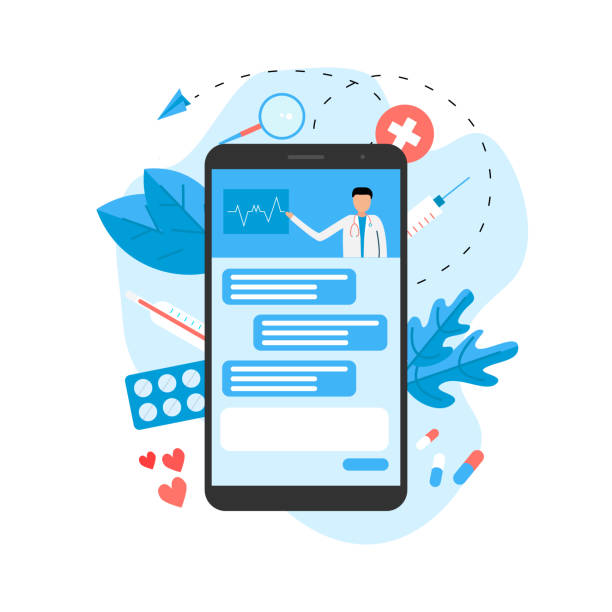Throughout the world, healthcare management software technology is the key enabler for healthcare. Healthcare organizations have gone through a bit of change over years. From regulation, pandemic, and financial pressures, many dynamics have changed the face of healthcare. Healthcare organizations have struggled to remain profitable, continue growth and provide patient experience. To accomplish your goals as a health care organization, you need to have these technologies enabled in your healthcare software.
Electronic Health Records
The most commonly known and fundamental for a healthcare organization is Electronic Health Records (EHRs). This technology allows the clinical organization to track patient information, clinical information, billing information, scheduling, and telehealth. So it stores all the ‘patient-facing experience records’. Digital records are common in all clinics and hospitals, but EHR enables the free flow of communication by connecting these care centers. Just imagine how this communication helps during emergencies. Doctors from one hospital can retrieve your health information by connecting themselves to another clinic, thus reducing the possibility of complications.
Easy Patient Scheduling
Patients interact via various communication sources; phone, text, chat boots. Staff without healthcare management software is unequipped to manage the various communication sources. Today, healthcare software equips the front-desk secretary with patient scheduling tools, and registration tools to quicken the registration process. These tools are handy during emergencies.
The EHR system enables the agencies to ease the scheduling of their patients. Online scheduling offers a convenient way for patients and agencies to book an appointment. A patient visit varies their scheduled time, prioritizing patient visits, and automatic appointment re-booking without the intervention of desk secretary is possible only because of healthcare software. Patients who require a follow-up appointment need not come to the hospital. In this situation, the patient can consult his doctor through a telehealth facility using The must technologies.
Patient Workflows
Tracking patient workflow in real-time eliminates bottlenecks, and last-moment hiccups. Home healthcare comprises the packages of medical and non-medical assistance at the patient’s doorstep. In an emergency, tracking the patient movement in the different departments using workflows eliminates inefficiencies and reduces admission time. The inefficient workflow is a part of poor communication and during the patient’s transition, these inefficient patient workflow reduces the ROI. Occasionally during this critical situation, the nurse chases the document pages and repetitively connects physicians. All the unnecessary panic is scaled-down by replacing outdated communication with instant smart healthcare software management solutions for communication.
Customer Relationship Management
Medical evolution has led to digital healthcare where the patient’s information is available at one click. These digitally advanced systems have a set of challenges related to accessibility and privacy-related issues. Hence, there are numerous laws to regulate the patient’s health records. Moreover, as the competitiveness of the healthcare system has increased, the hospital takes all customer measures to ensure more patient visits. The reputed doctors, specialists, advanced equipment, and well-trained helpers. Usually, the responsibility of Customer Relationship Management (CRM) is as below that comply with healthcare compliance.
Database Management
The pivotal role of CRM is to manage patient data. This ensures ease in operating business and customer management. As the valuable patient records are secured with top-most security, it gives a desired satisfaction rate for the patients. A robust healthcare system manages all in one neatly arranged database, locating data at any given time. These accesses are authorized only to medical professionals who are set to use these records, thus ensuring one more level of security.
Customer Service
Even though hospitals are required to treat patients, customer service is one of the crucial aspects of CRM. The customer service quality in healthcare companies is not limited to the support and sales team. CRM in healthcare also depends on the patient’s satisfaction. Services like booking appointments through the system simplify booking. Apart from this, handling insurance, billing, and quick discharge report play a significant role in gaining the satisfaction of their patients and their stressed family members.
Customer Portal
A self-service application can help customers to gain additional organization details. Nowadays, there are many ways a client can interact with the right team. The customer portals include chats, booking appointments, tracking slots, or an easy ticketing system is an impressive set of tools for the staff. Also, a readily answerable self-service system helps the sales and supports them to focus on more crucial tasks.
Collaboration Tools
The interaction between the staff is as essential as interacting with your clients. The Healthcare system provides collaboration tools or can easily integrate collaboration to ensure your staff can interact with each other during emergencies or when a patient moves from one clinical requirement to another. Example sending an XRay by the x-ray department to the concerned doctor directly through the secured system.
Even a small set of tools like emails, calendars, notes, call logs in a single place encourages the smooth process.
Healthcare Compliance
The role of healthcare compliance is critical in health care reforms that emphasize the quality of health care more than ever. Implementing and sustaining effective compliance programs aim to prevent, detect, and correct fraud, waste, and abuse. These goals are aligned with the healthcare compliance programs. Compliance is a two-fold mission of detecting and preventing fraud abuses by promoting efficiency and effectiveness in delivering and maintaining the healthcare service.
Healthcare compliance is an integral part of business organizations, and governing body plays a role in identifying and addressing emerging risks.
Healthcare organizations aiming for transparency, accountability, compliance, and staff training for integrated quality, understand the gravity of having healthcare software management solutions at their work.
Besides providing the advantage on EHR, CRM, regulating compliance and database management, software management, solutions improve financial health and hold the best staff and ensuring smooth transitions and collaboration to serve your patients.
The secured healthcare management cloud-based solutions adapt to transforming medicare and insurance needs, assisting you to stay compliant at any moment.
Nutshell
Healthcare software management serves you at multiple stages. Keeps your documentation comprehensive and fetches the details in one click, ensuring a smooth and automated follow for the patients and transitions. Customizable solutions of healthcare software companies assist you in maintaining healthcare compliance, assuring your regulatory body of the best practices followed in your organization.




